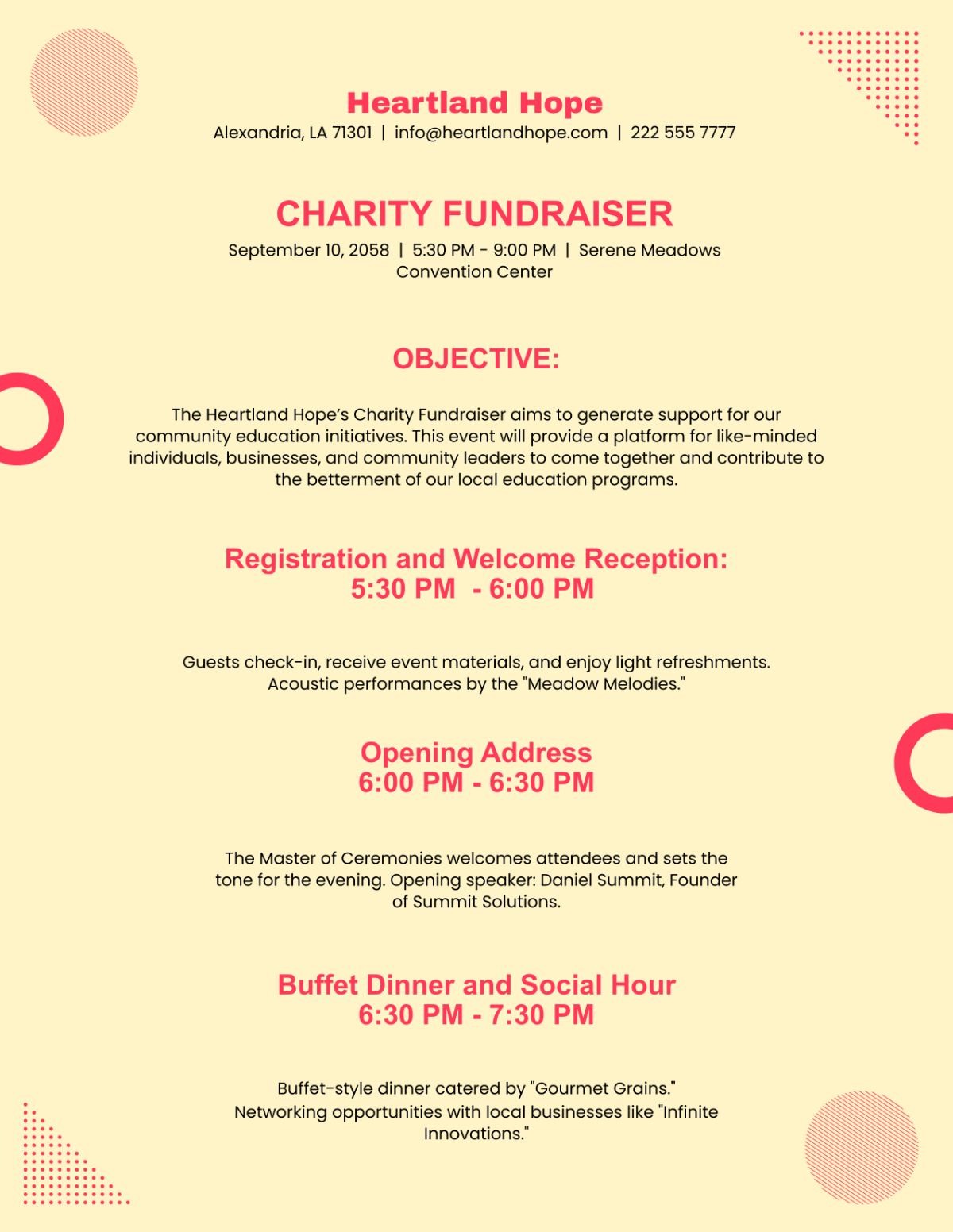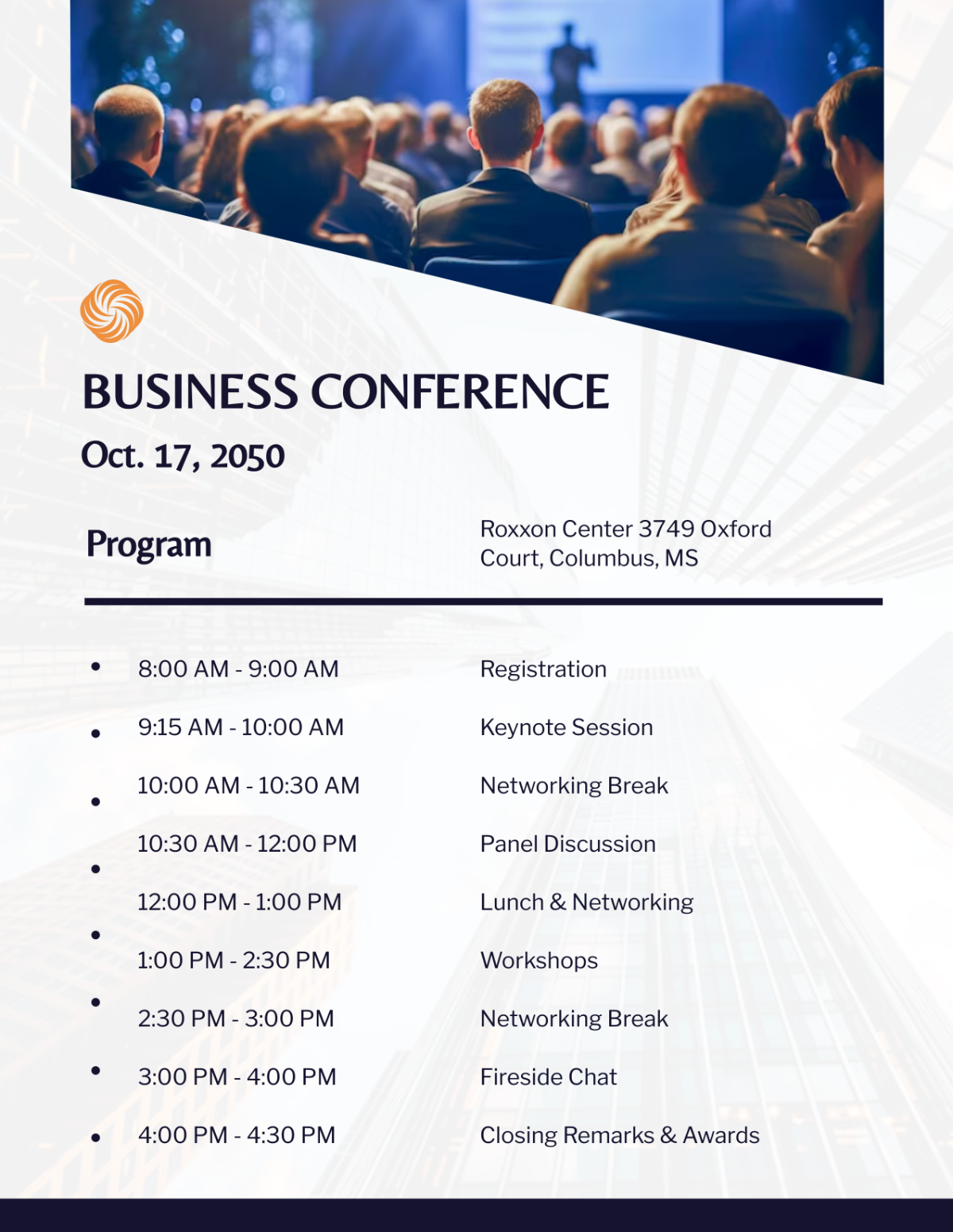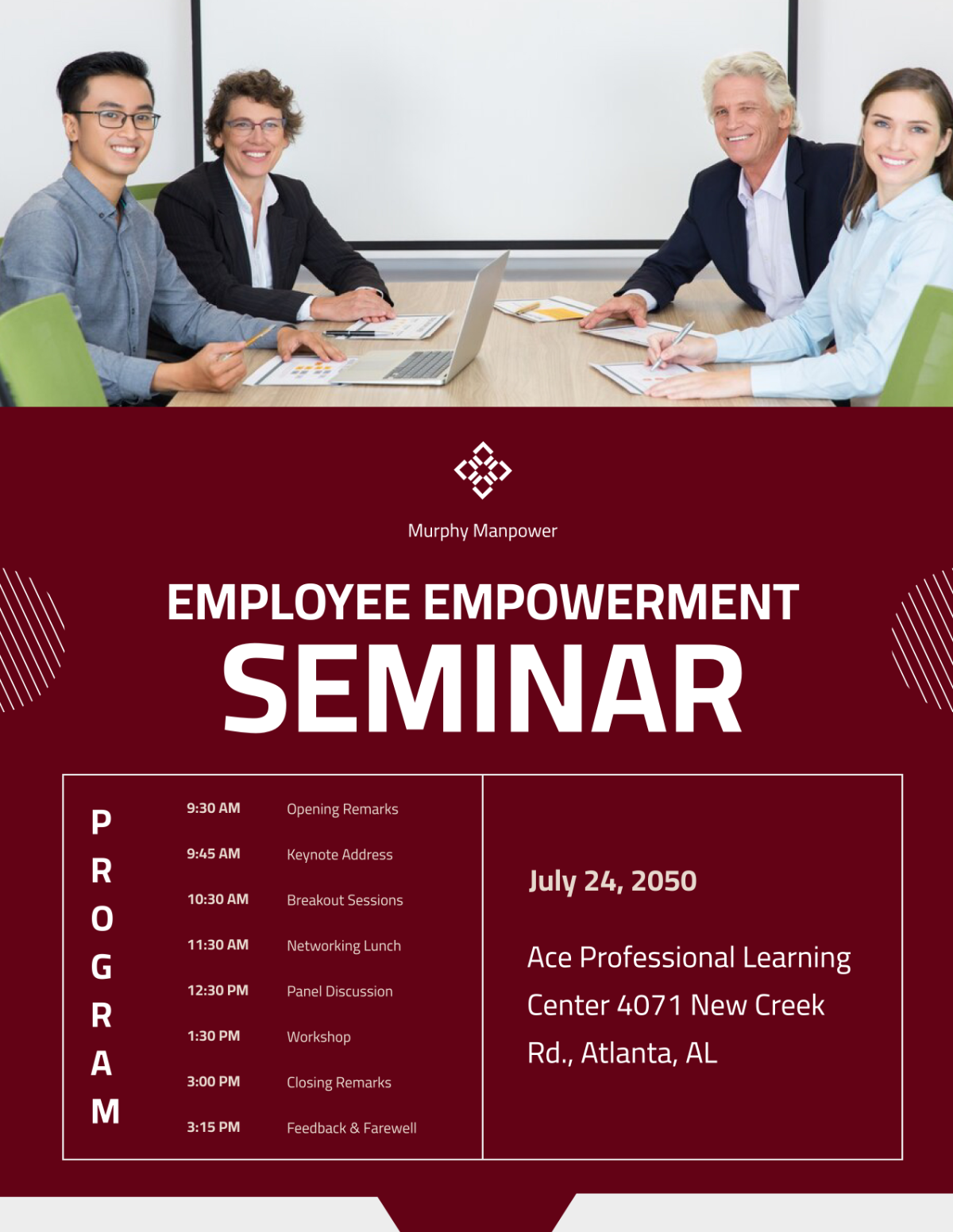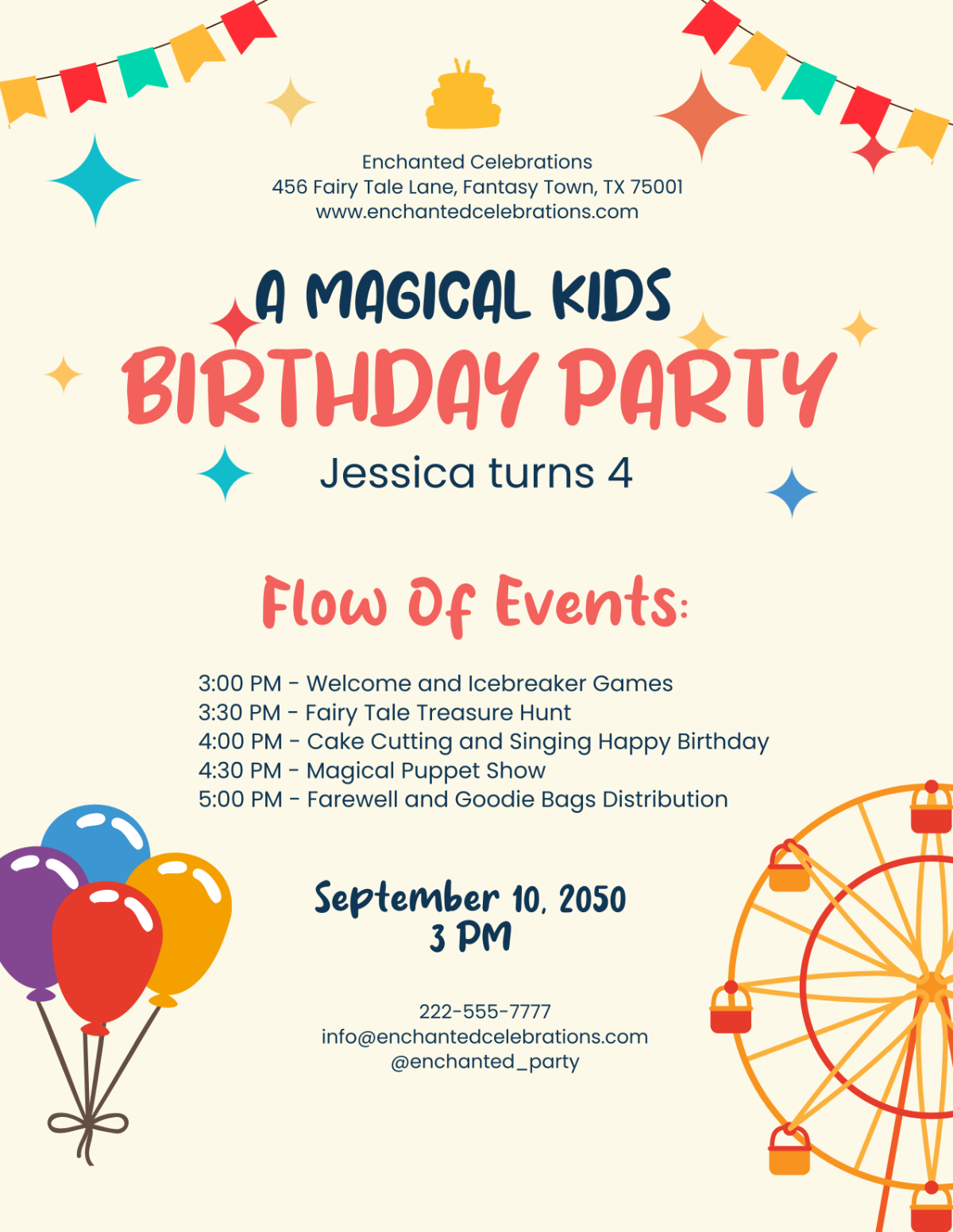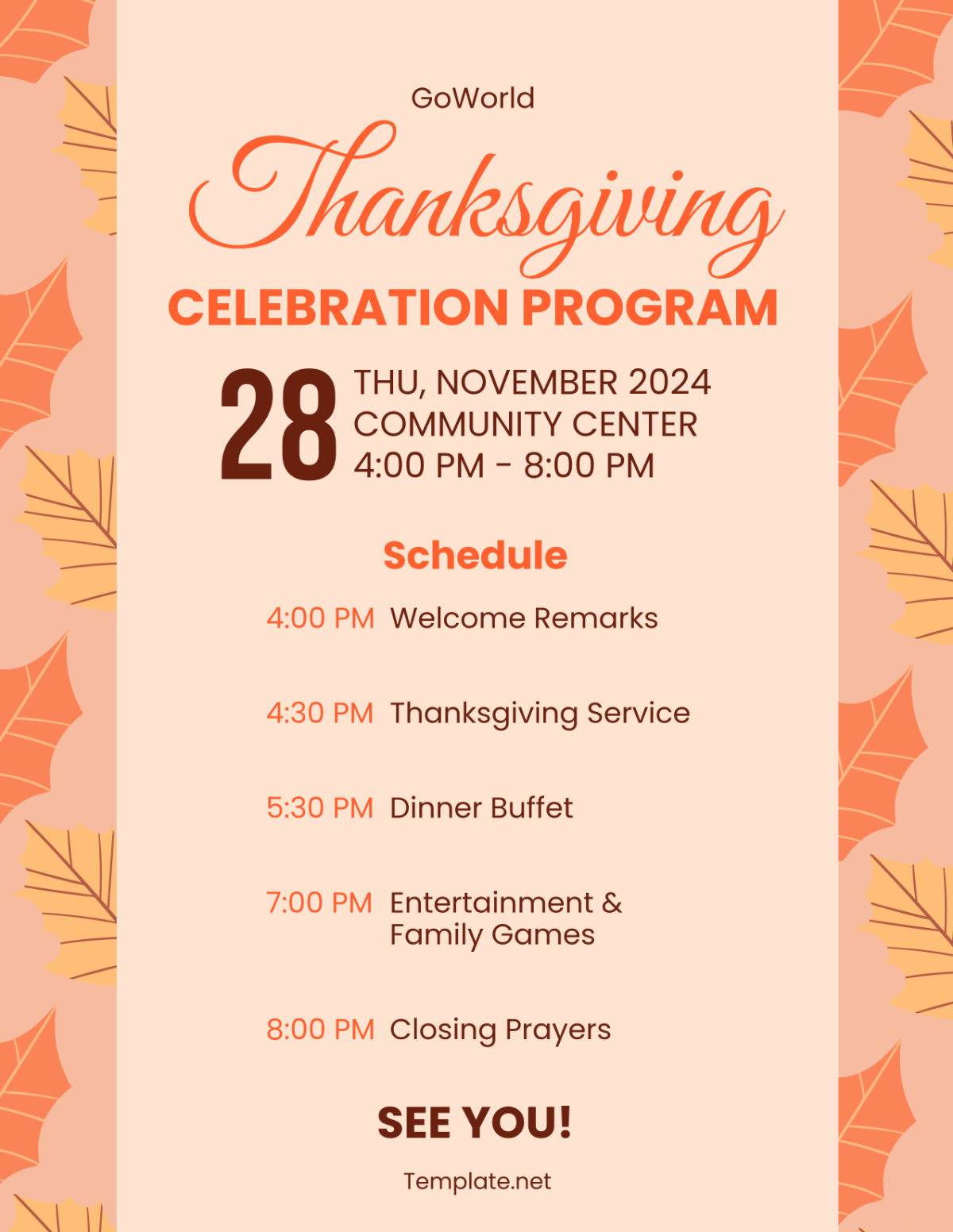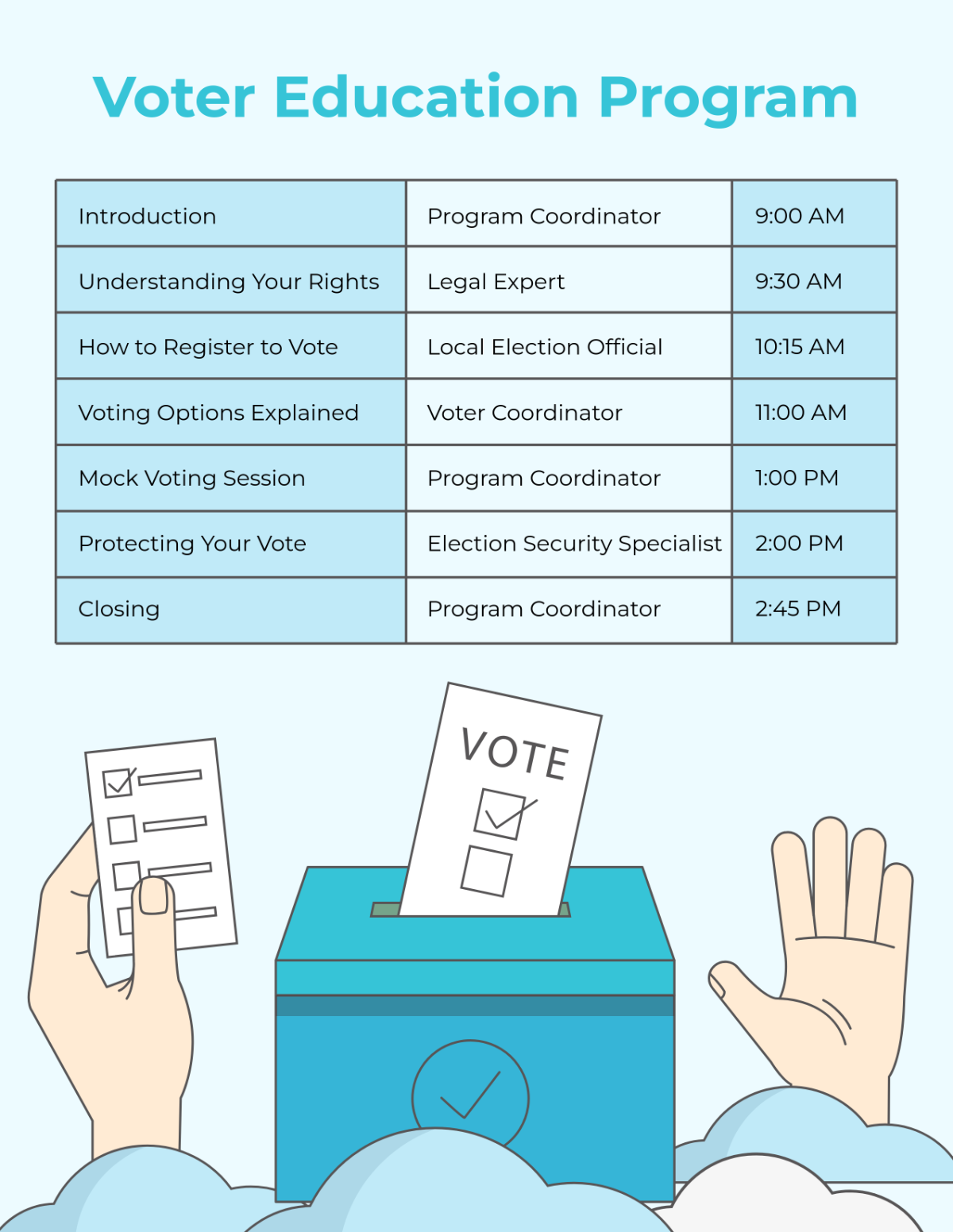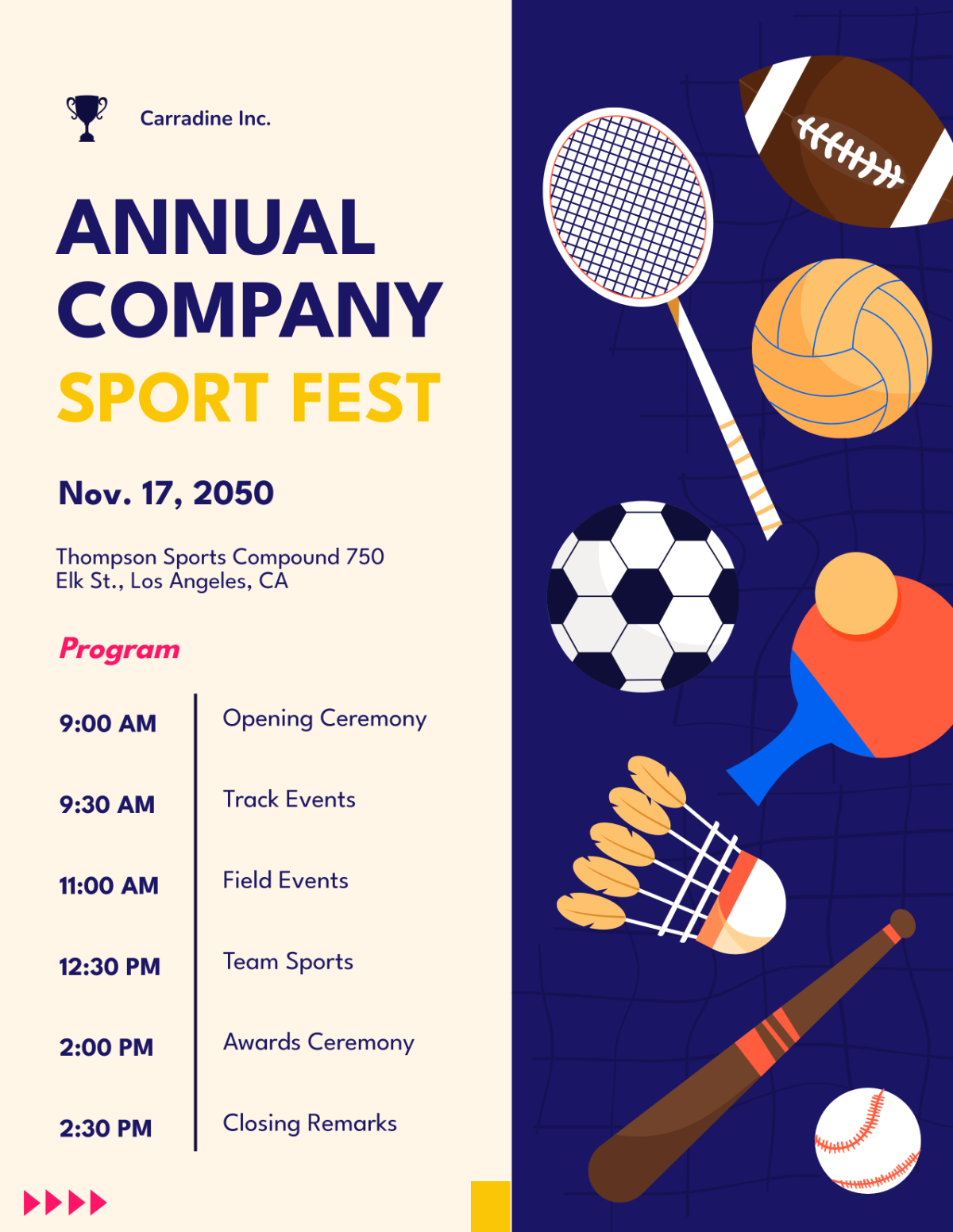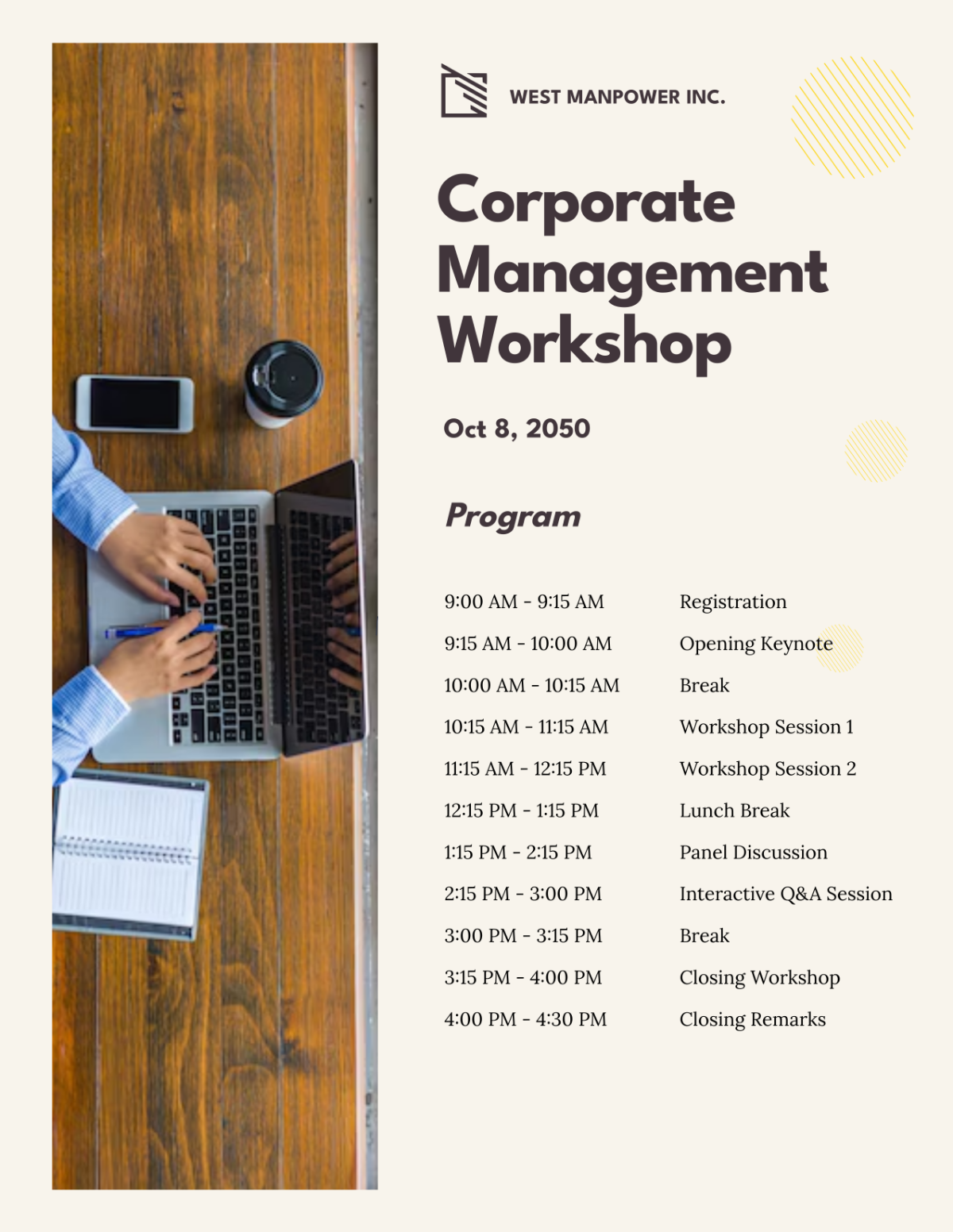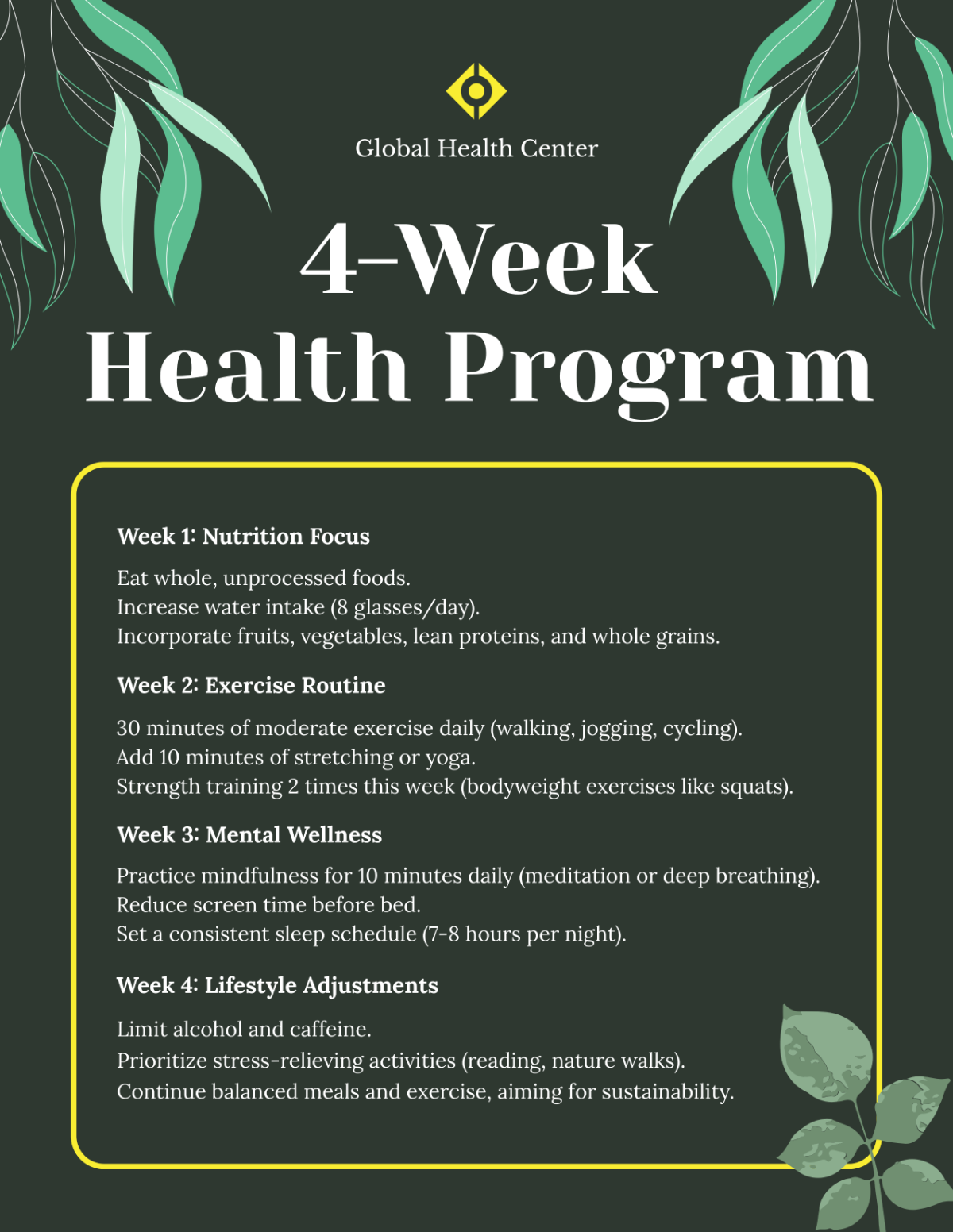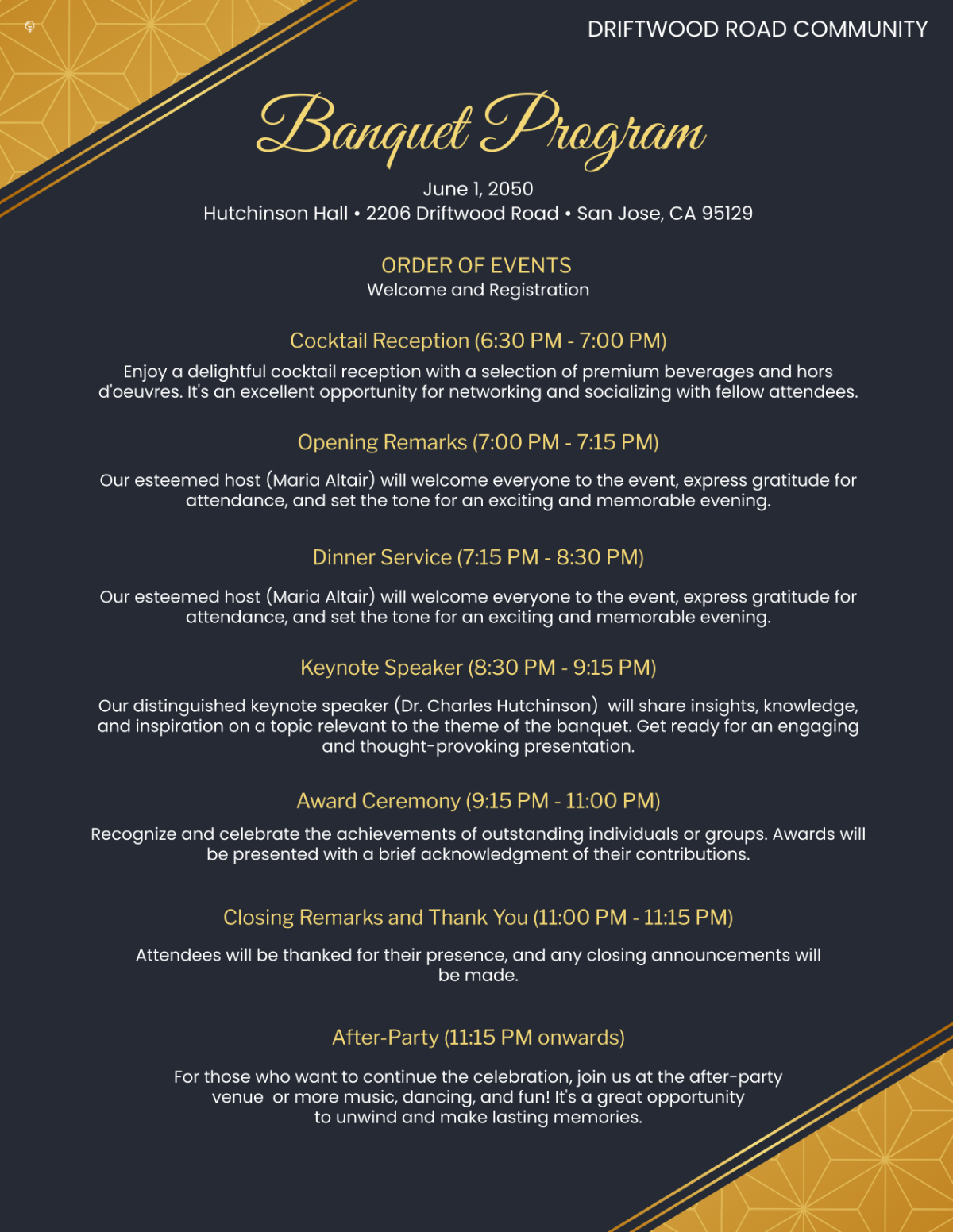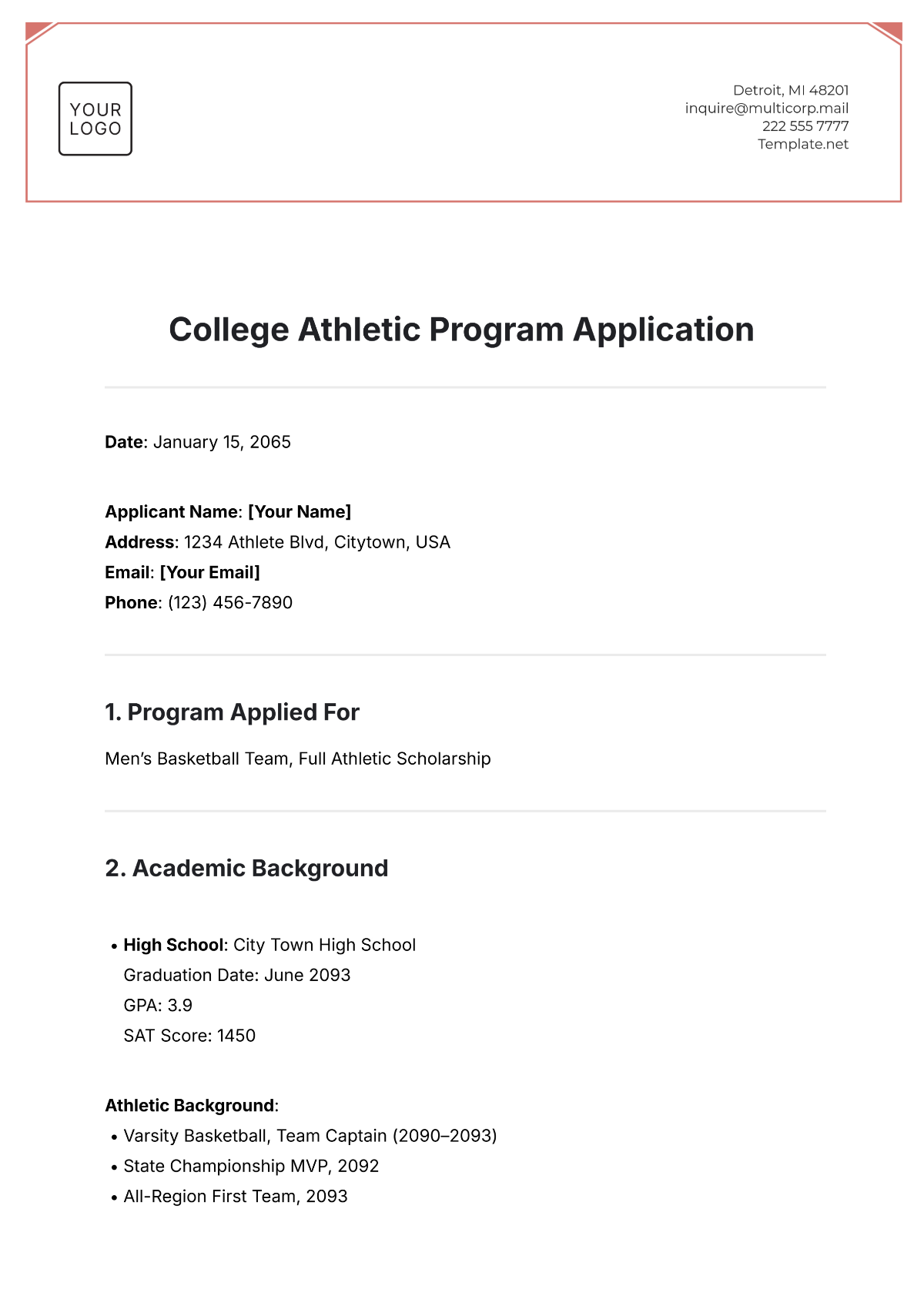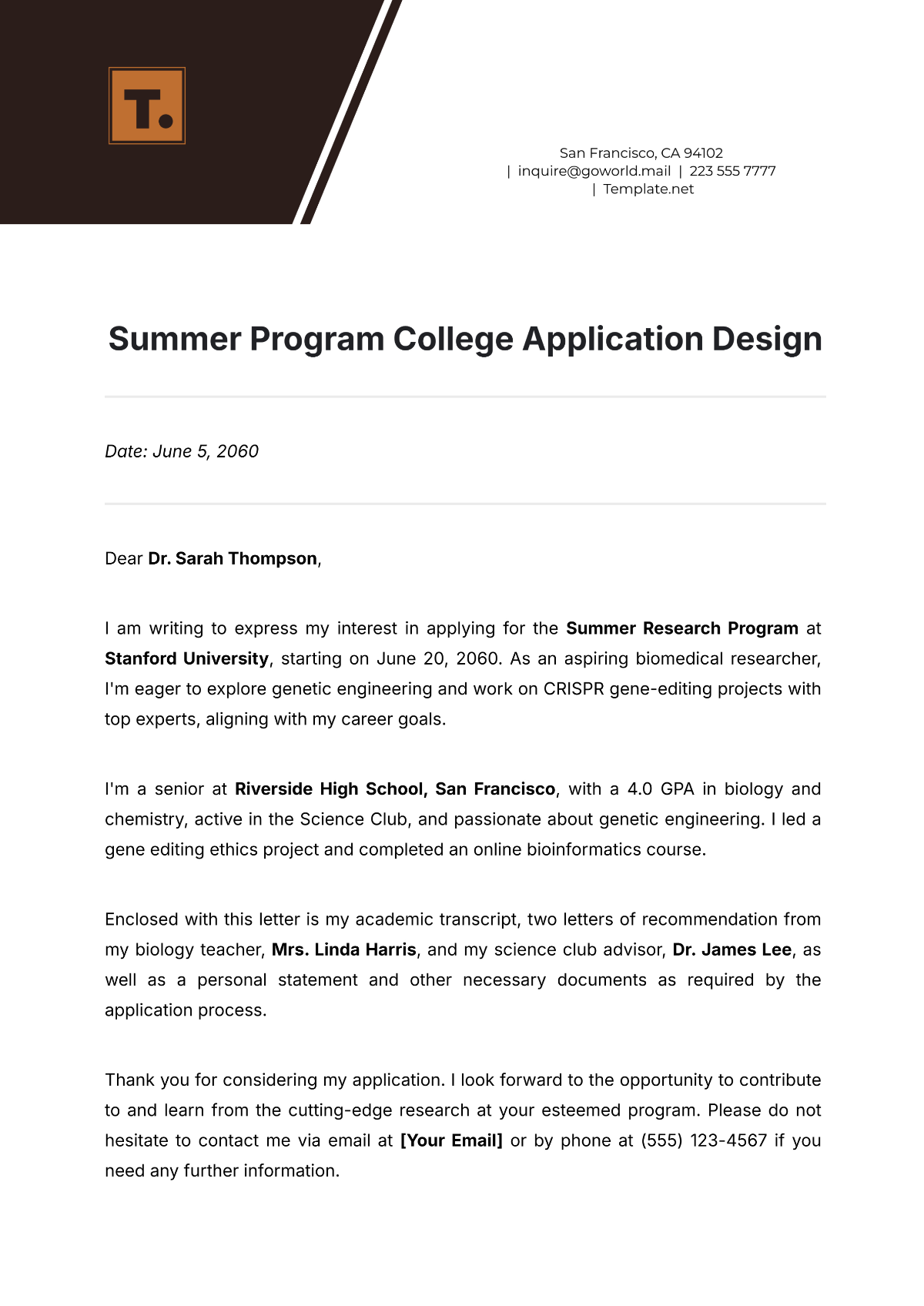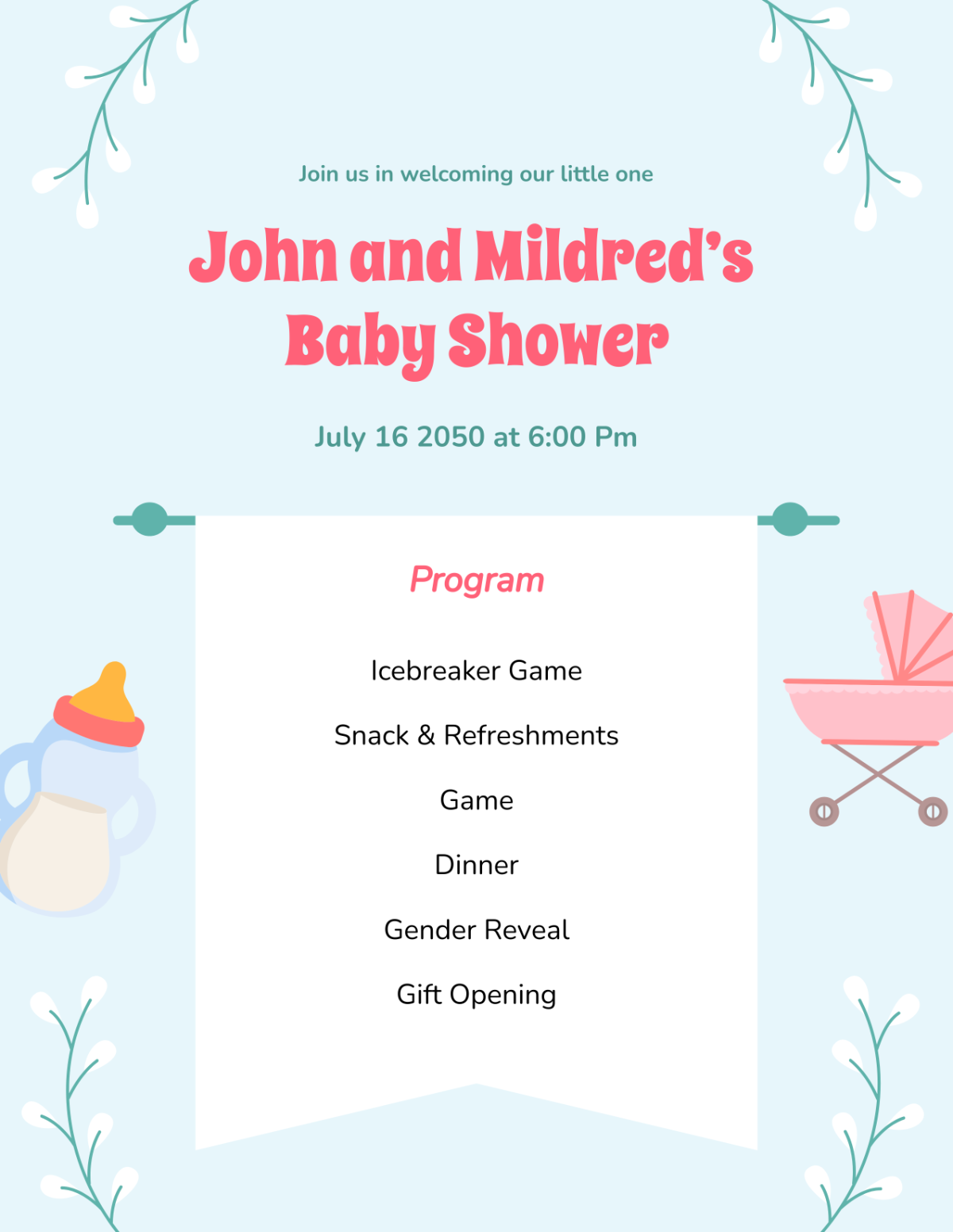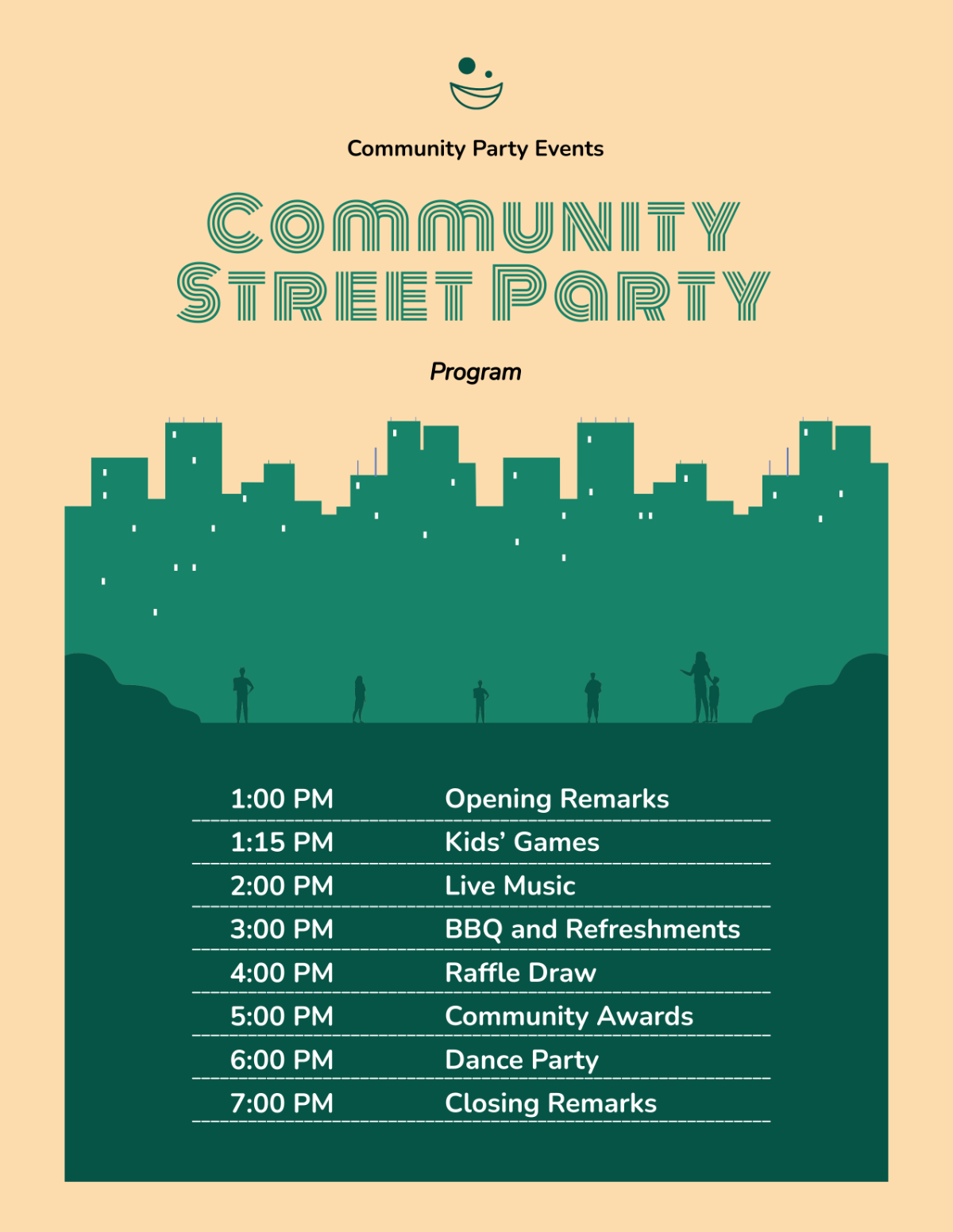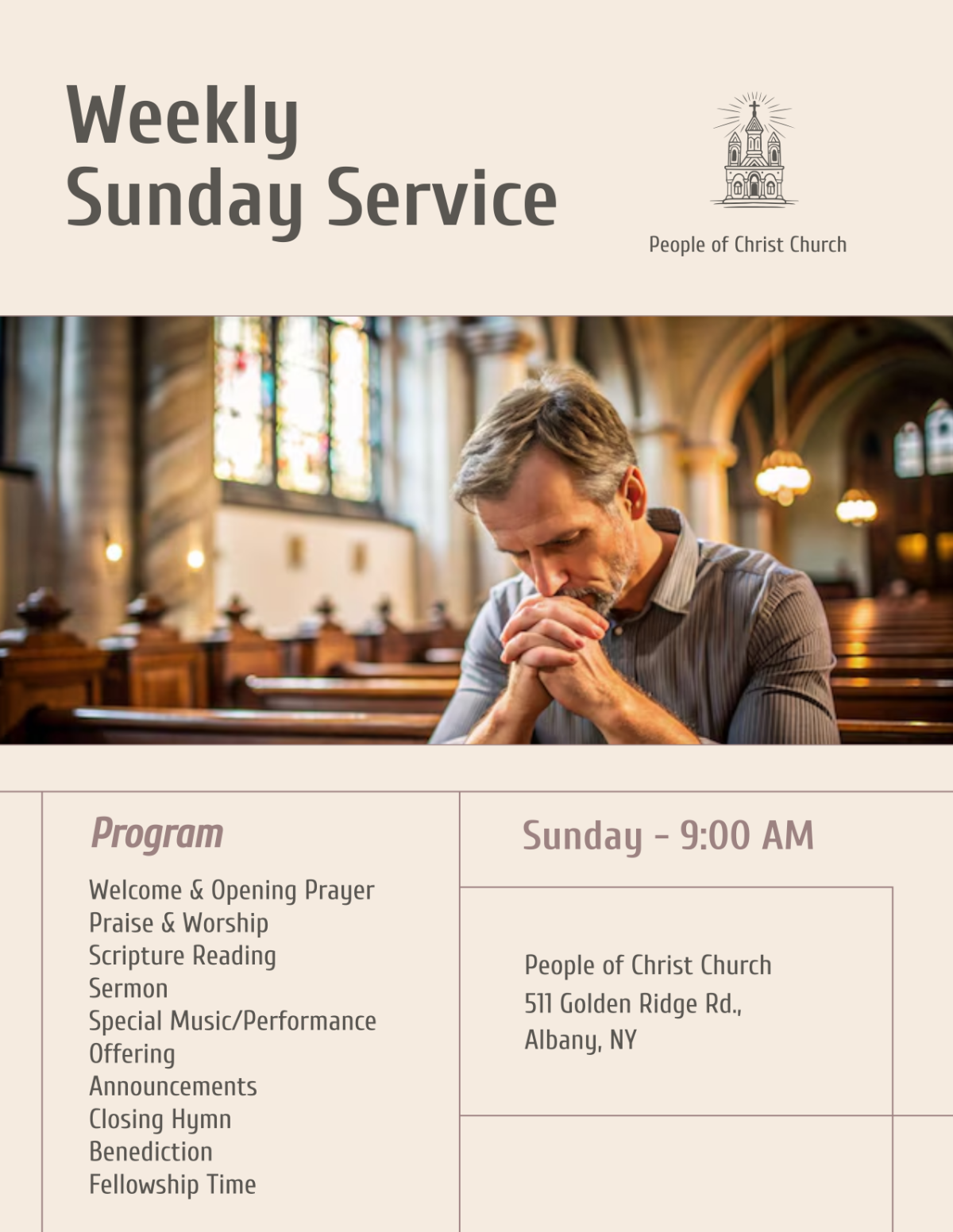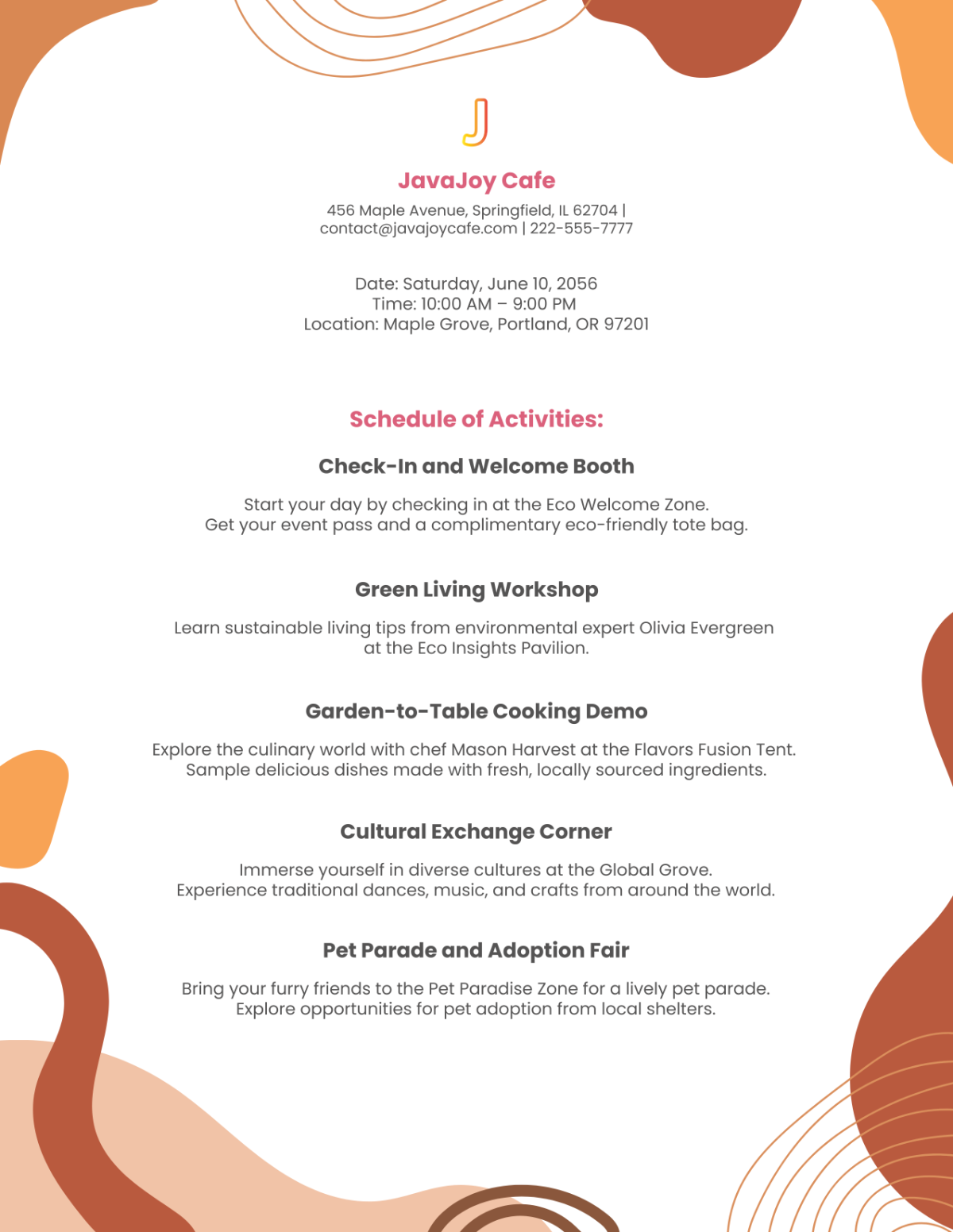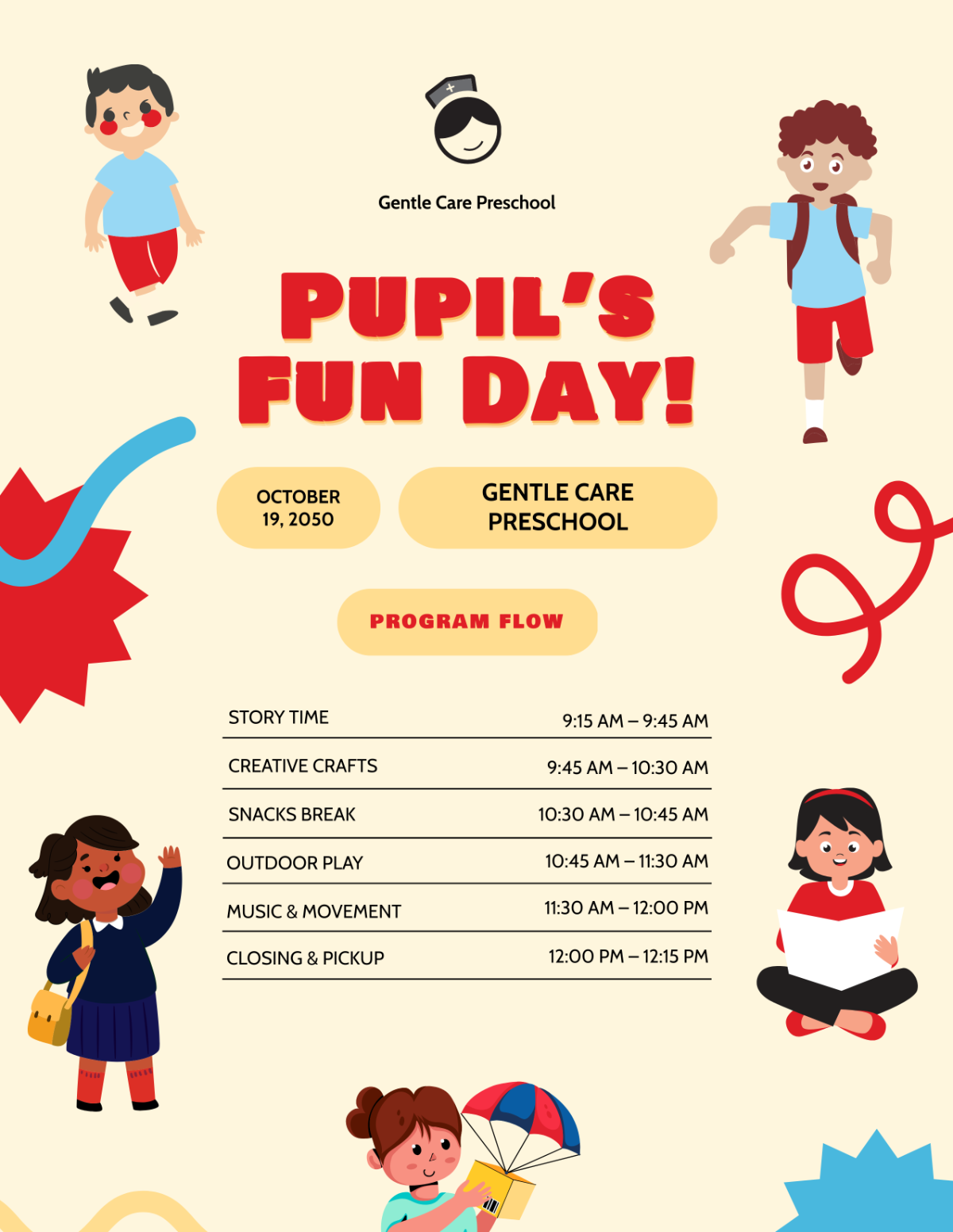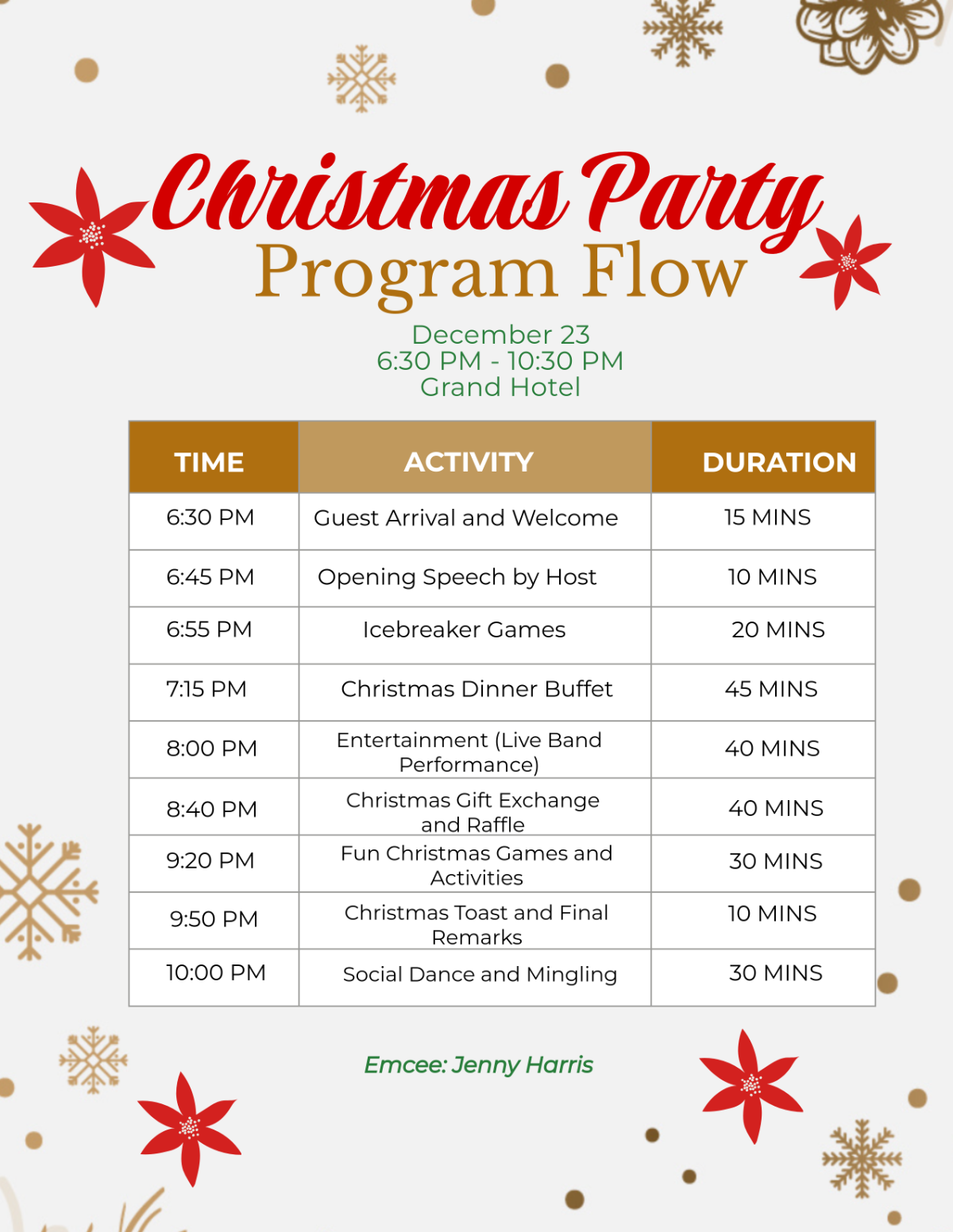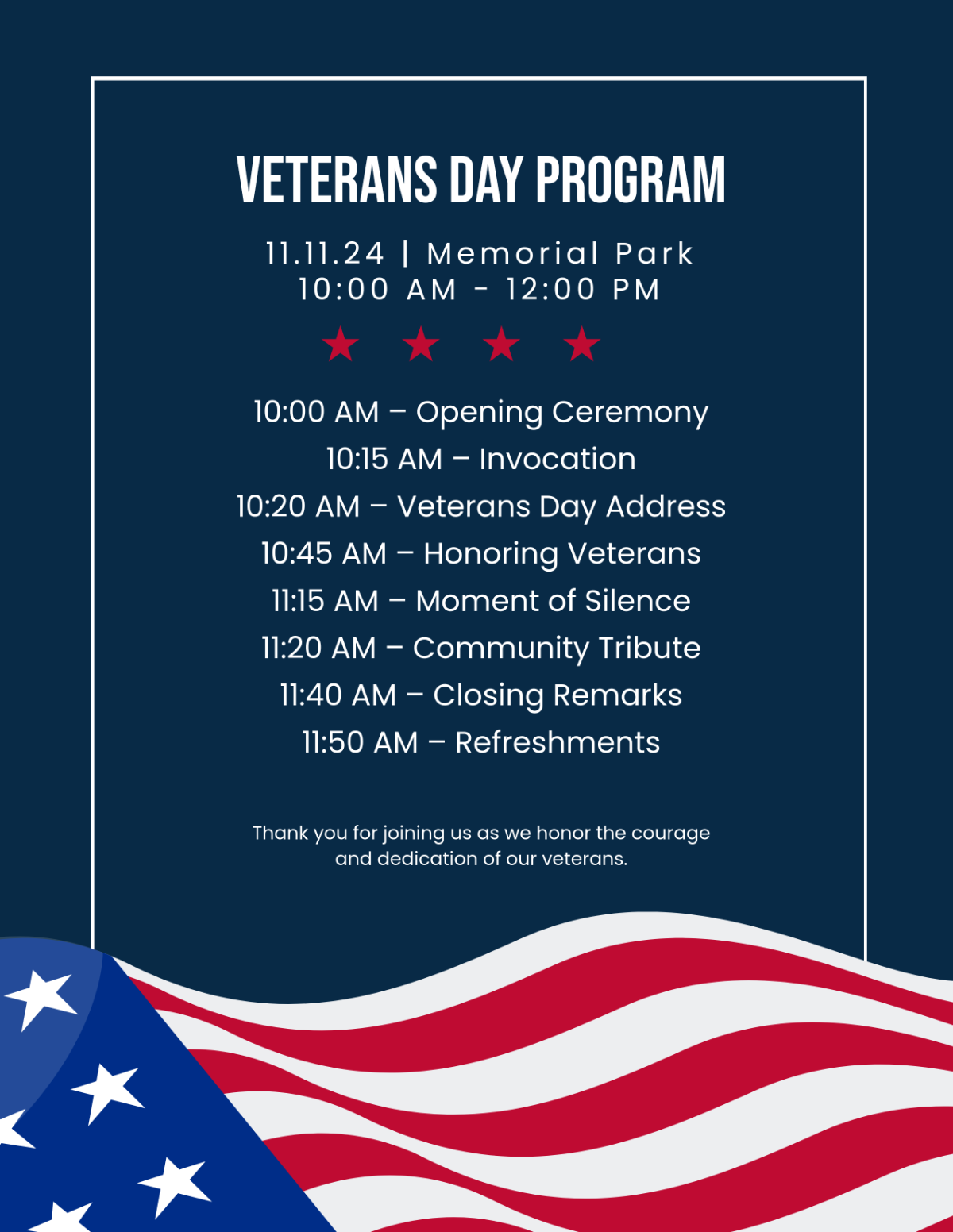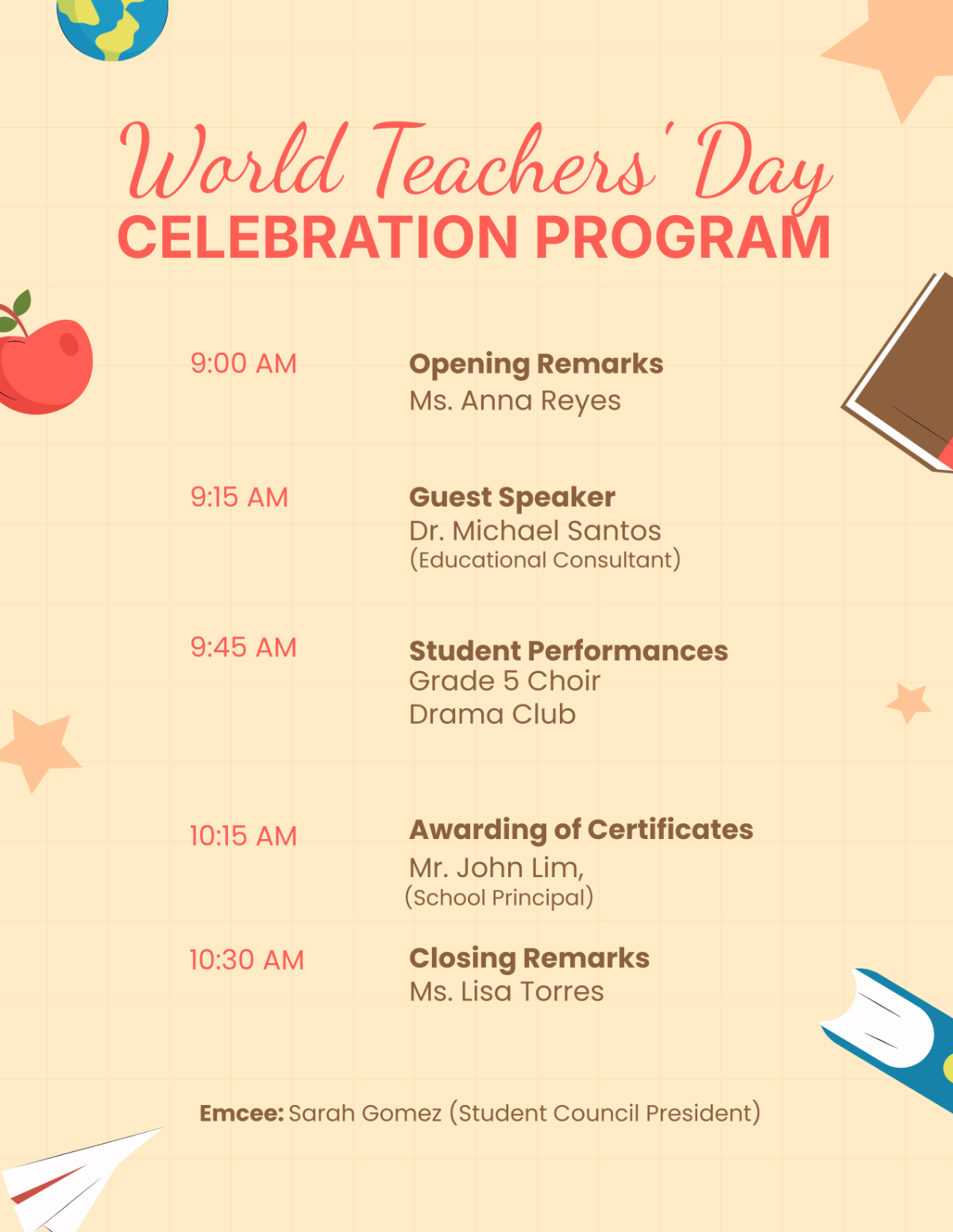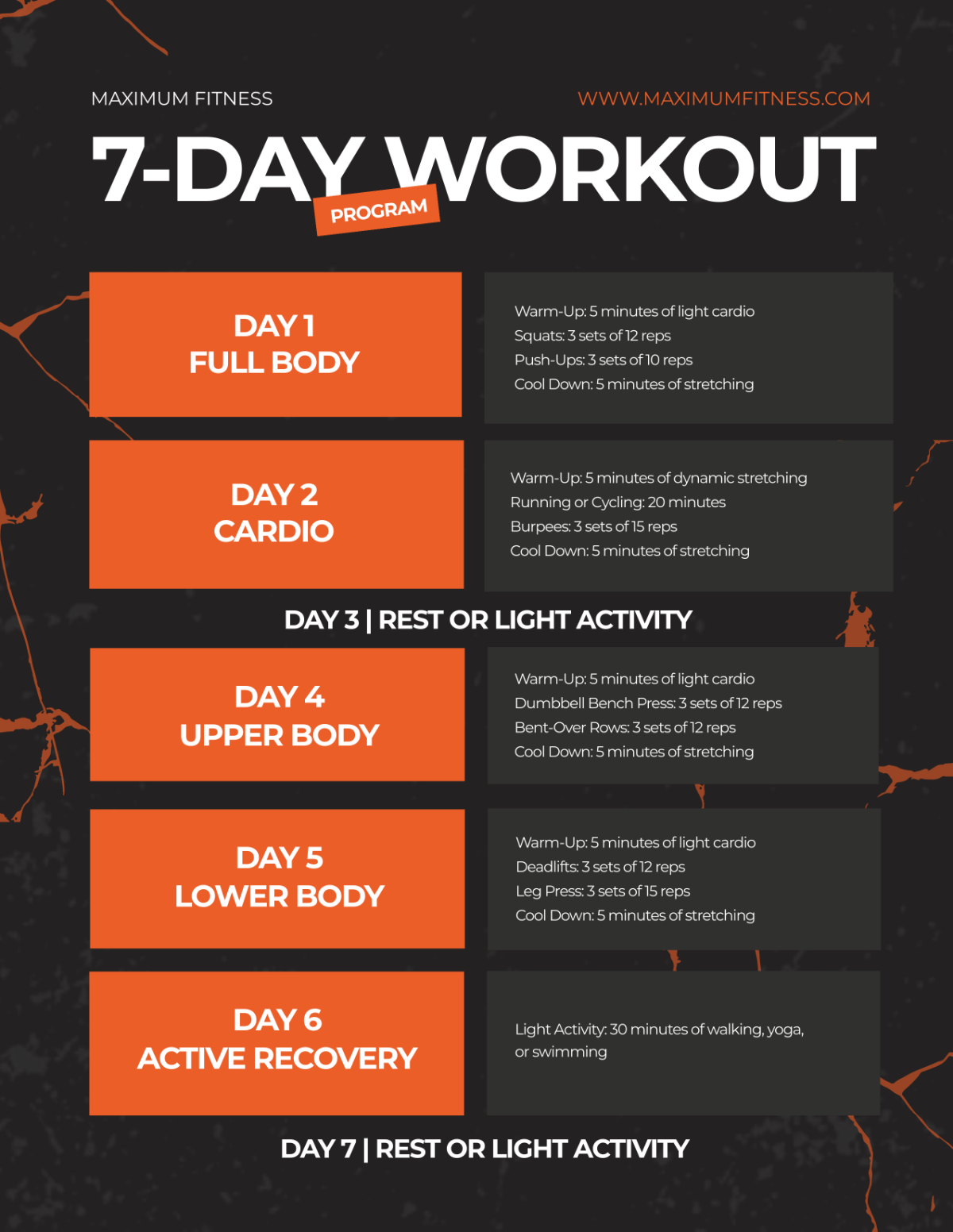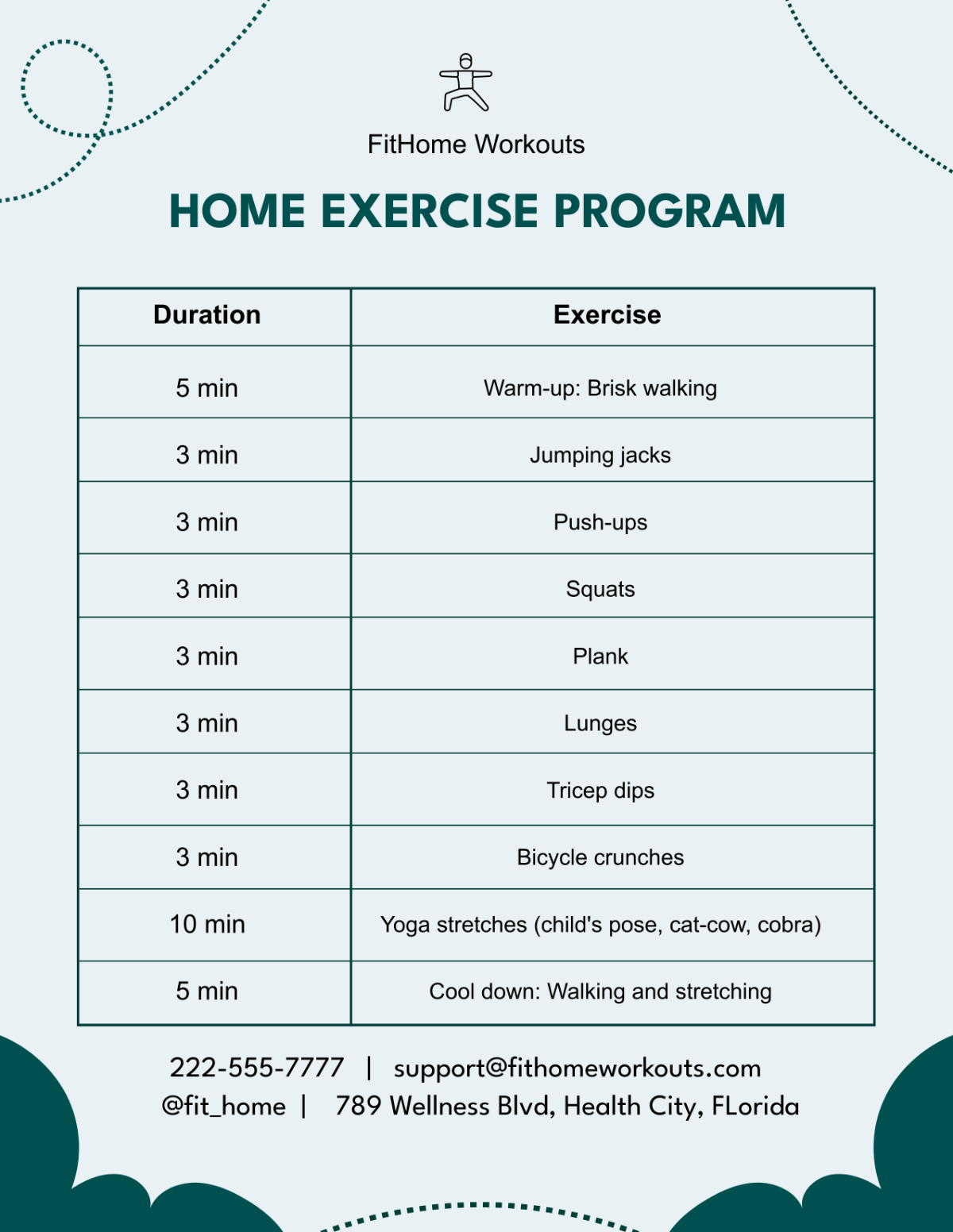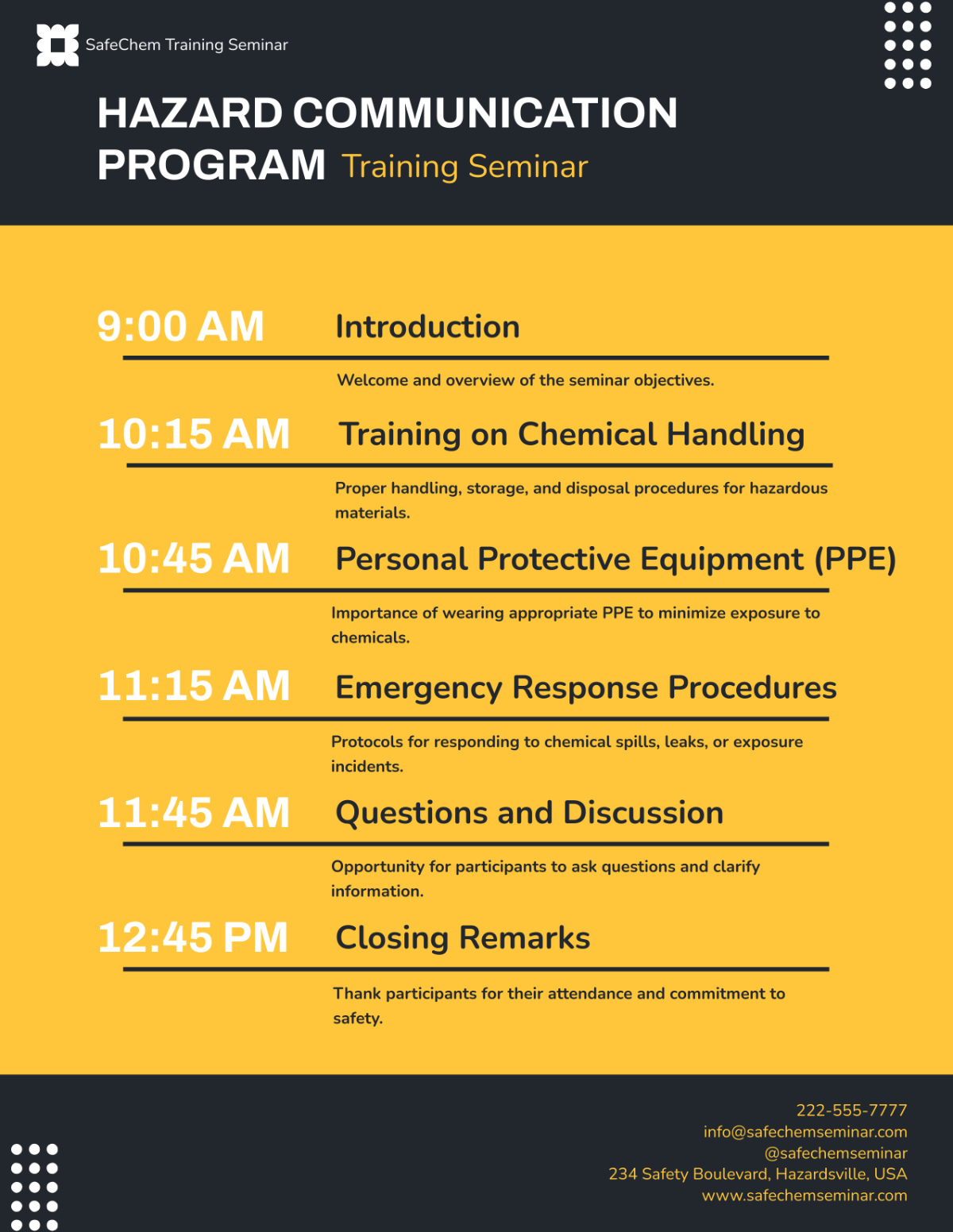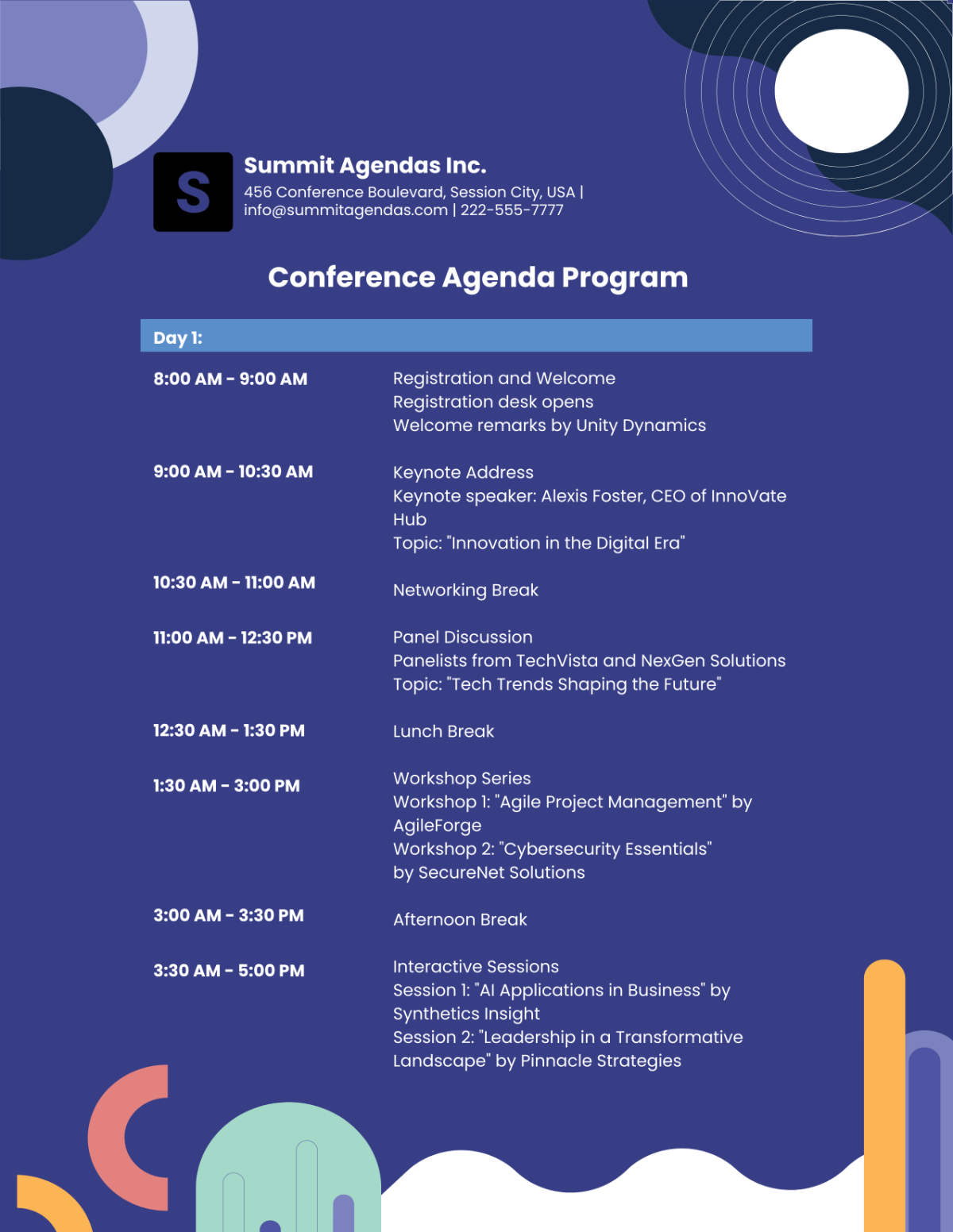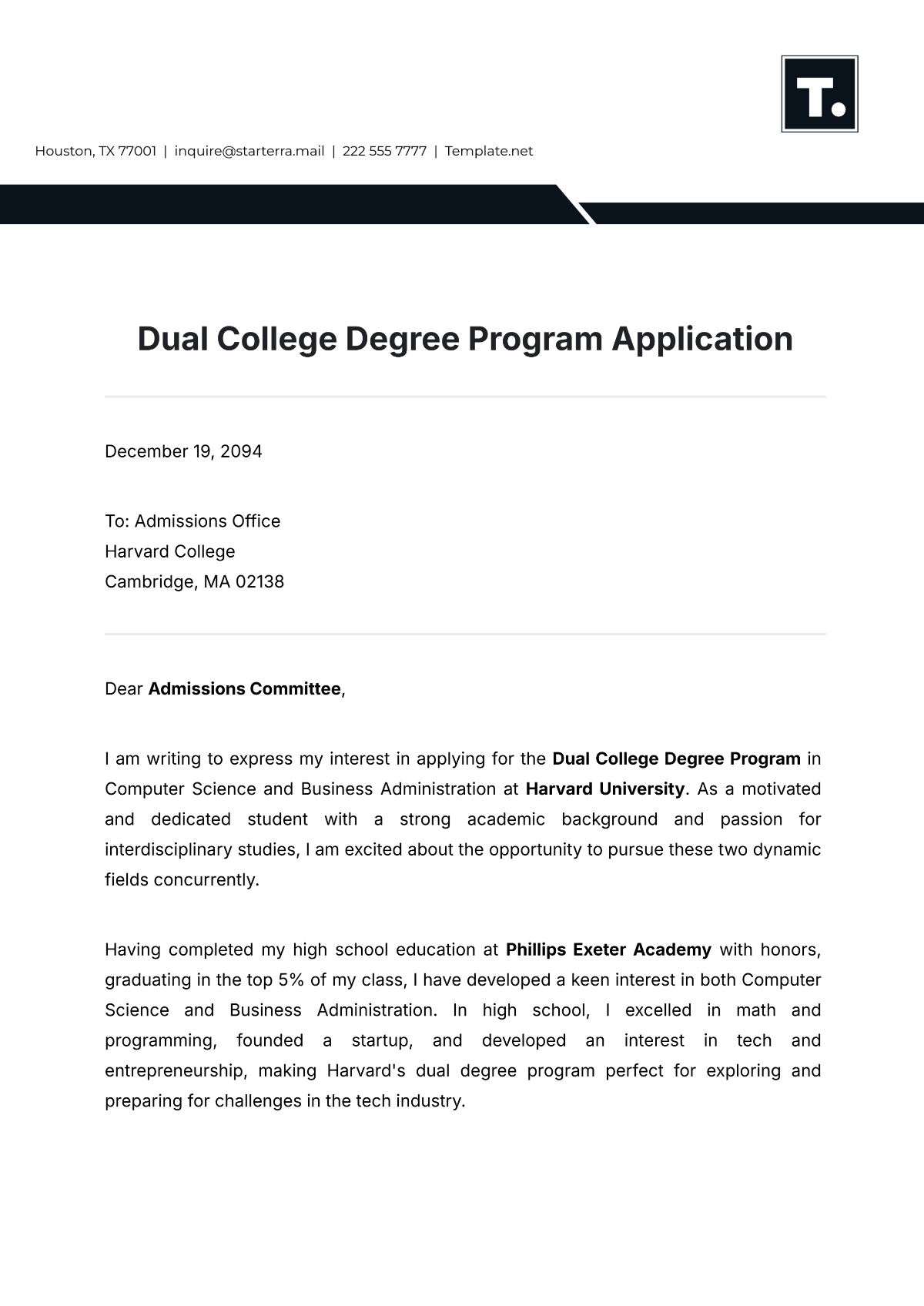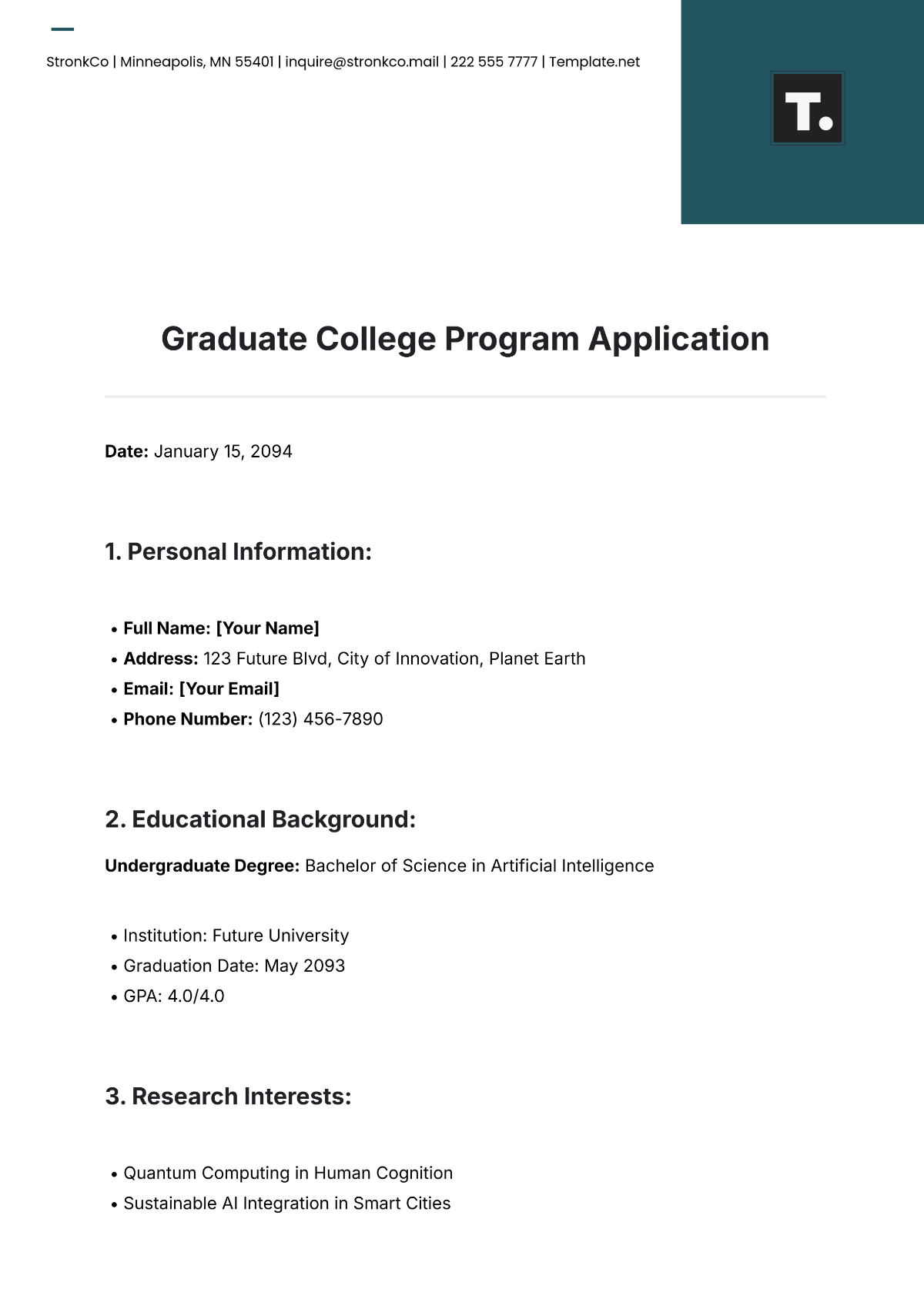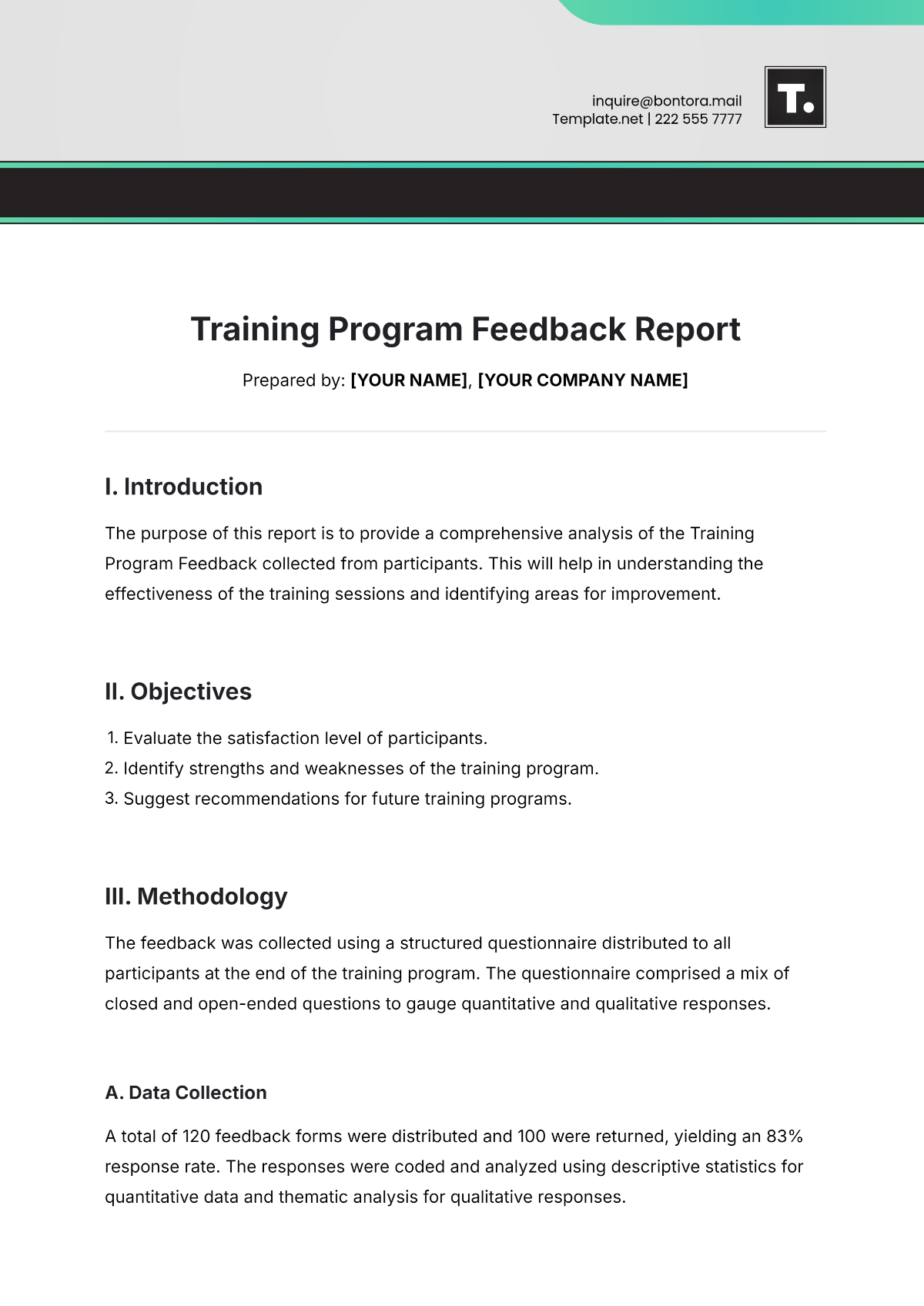Mentorship Program for Nonprofits
1. Introduction
At [Your Company Name], our Mentorship Program for Nonprofits is designed to empower emerging leaders within the nonprofit sector by providing them with access to experienced mentors who have a deep understanding of nonprofit management and leadership.
2. Program Structure
A. Duration
The program spans 12 months and includes a combination of one-on-one mentorship sessions, group workshops, and networking events.
B. Components
One-on-One Mentorship Sessions
Group Workshops
Networking Events
C. Mentee-Mentor Matching
Mentees are matched with mentors based on their specific needs and goals, ensuring personalized guidance and support.
D. Curriculum
Strategic Planning: The curriculum’s Strategic Planning module equips mentees with the skills needed to develop and implement effective organizational strategies. This includes conducting a thorough SWOT analysis (Strengths, Weaknesses, Opportunities, and Threats) to understand the internal and external factors impacting the organization. Mentees learn to set clear, actionable goals and create a strategic plan that aligns with their nonprofit’s mission and vision. The module emphasizes creating measurable objectives and developing a roadmap to achieve long-term success. Practical exercises and case studies are used to illustrate successful strategic planning in action, helping mentees to apply these principles directly to their organizations.
Fundraising: In the Fundraising module, mentees gain expertise in designing and executing effective fundraising strategies. This section covers various fundraising techniques, including grant writing, donor cultivation, and event planning. Participants learn how to create compelling fundraising proposals, build relationships with potential donors, and develop diversified revenue streams. The curriculum also addresses the use of digital tools and social media to enhance fundraising efforts. Through interactive workshops and real-life examples, mentees acquire practical skills to increase their organization’s financial sustainability and support their mission.
Volunteer Management: The Volunteer Management module focuses on attracting, engaging, and retaining volunteers who are crucial to nonprofit operations. Mentees learn best practices for recruiting volunteers, including creating engaging job descriptions and leveraging community networks. The curriculum covers training and development techniques to ensure volunteers are effectively integrated into the organization and their roles are clearly defined. It also addresses strategies for maintaining volunteer motivation and satisfaction, including recognition programs and feedback mechanisms. Case studies and role-playing exercises provide practical insights into managing diverse volunteer teams and addressing common challenges.
Impact Measurement: The Impact Measurement module teaches mentees how to assess and demonstrate the effectiveness of their programs and initiatives. This includes developing and using key performance indicators (KPIs) and evaluation tools to track progress and outcomes. Mentees learn how to design surveys, collect data, and analyze results to measure program success and inform decision-making. The curriculum emphasizes the importance of reporting and communicating impact to stakeholders, including funders and community members. Practical exercises involve creating impact reports and case studies to illustrate how data can be used to drive improvements and showcase the organization’s achievements.
3. Program Activities
A. One-on-One Mentorship Sessions
During these sessions, mentees receive personalized support from experienced mentors, tailored to their specific needs and goals. These sessions focus on offering targeted advice, strategic guidance, and solutions to unique challenges faced by each mentee. Through these one-on-one interactions, mentees gain valuable insights and practical advice that directly impact their professional development and organizational effectiveness.
B. Group Workshops
Interactive workshops are held periodically to cover essential nonprofit management topics. These interactive sessions are designed to enhance participants’ skills in areas such as fundraising, strategic planning, and volunteer management. Workshops foster collaborative learning and allow mentees to engage with peers in practical exercises and discussions, facilitating a deeper understanding of nonprofit best practices.
C. Networking Events
These events are designed to promote knowledge sharing, collaboration, and relationship-building within the nonprofit community. By interacting with other leaders and experts, mentees can gain new perspectives, share experiences, and expand their professional networks.
4. Support and Resources
Throughout the mentorship program, mentees benefit from a comprehensive range of support and resources designed to assist in applying learned concepts. This includes access to specialized tools, templates, and best practice guides tailored to nonprofit management. Our ongoing support ensures that mentees can effectively implement strategies and solutions within their organizations, reinforcing their learning and driving organizational success.
5. Inclusive Environment
We focus on fostering a culture of respect and collaboration, which helps mentees build the confidence and skills necessary to lead their nonprofits effectively. This inclusive approach supports diverse perspectives and encourages personal and professional growth.
6. Final Presentation
The program culminates in a final presentation, where mentees showcase their growth and the positive changes they’ve implemented in their organizations. Mentees present their achievements and showcase the positive changes they have implemented in their organizations. This presentation not only highlights their development but also serves as a platform for reflecting on the program’s impact and celebrating their successes.
7. Contact Information
Name: [Your Name]
Email: [Your Email]
[Your Company Name]
Number: [Your Company Number]
Address: [Your Company Address]
Website: [Your Company Website]
Social Media: [Your Company Social Media]


